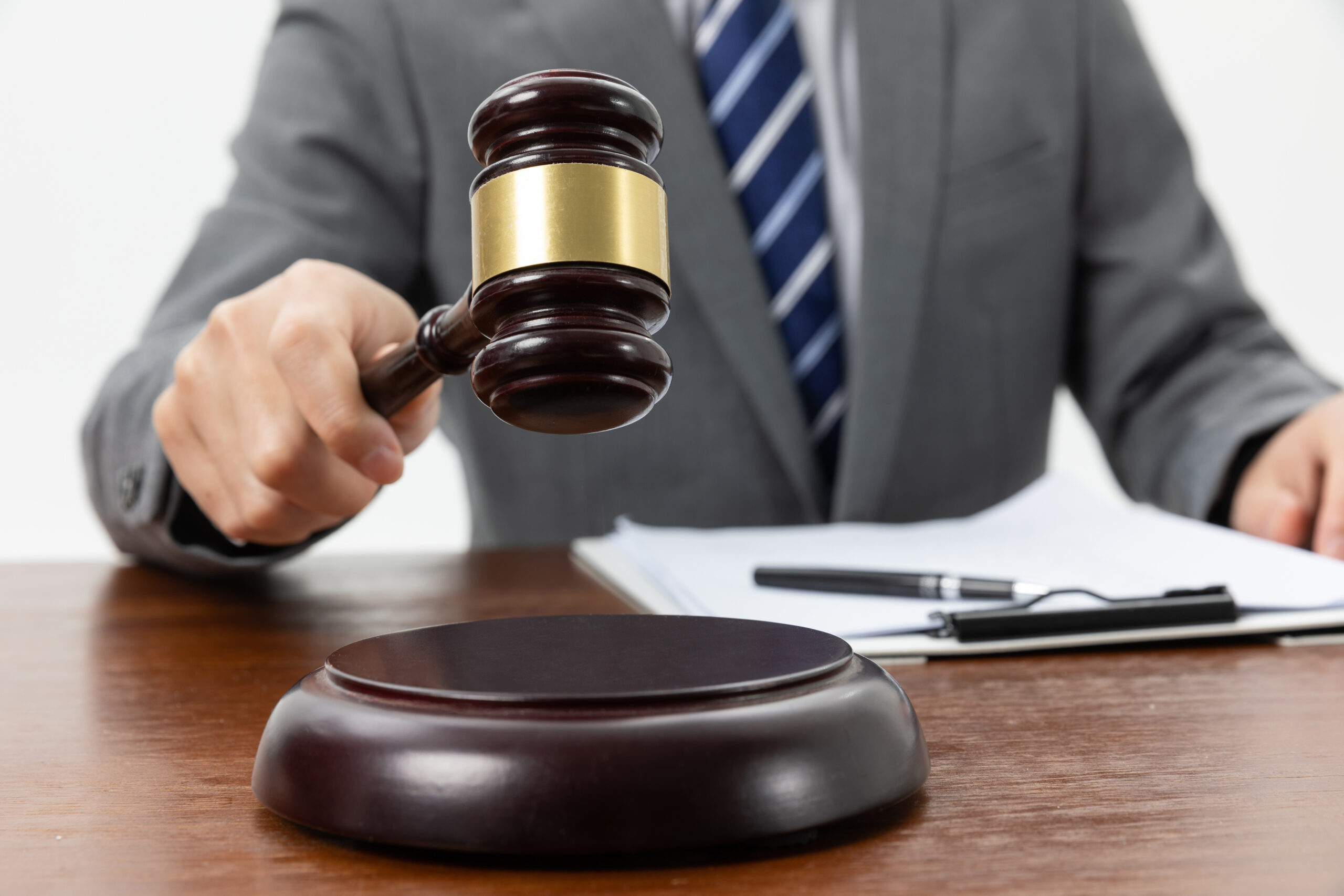 Welcome to the world of probate and trust administration. As you might have guessed, there are a lot of technicalities and complexities when it comes to this field. It’s best to contact a lawyer when you’re looking into your own estate or trust, but this article can serve as a basic guide to understanding what you’re working with. Here are ten common questions about this field and their answers.
Welcome to the world of probate and trust administration. As you might have guessed, there are a lot of technicalities and complexities when it comes to this field. It’s best to contact a lawyer when you’re looking into your own estate or trust, but this article can serve as a basic guide to understanding what you’re working with. Here are ten common questions about this field and their answers.
1. What is trust administration?
A closeup shot of a person holding a gavel on the tableIt’s best to start with the basics. Essentially, the living trust is often considered a vehicle that gets you around probate court. Trust administration refers to the way in which a trustee manages the trust, according to the legal document’s terms. After the settlor (also known as donor) dies, the trustee must manage the trust for the beneficiary’s benefit. Trust administration is the process by which he or she does so.
2. Can you avoid probate court with a will?
A will, by itself, isn’t effective for avoiding probate court. Wills have to go through court when there are assets, as this legal process implements the will’s provisions. If the deceased had a personal representative to act as executor of the estate, this executor will be in charge of administration.
3. What do personal representatives do?
Personal representatives collect the deceased’s assets. They prepare an inventory of the property, clear up debts, and pay taxes owed. You might have to sell some of the deceased’s assets in order to pay the debts. The executor also distributes assets and helps close the estate.
4. How long does probate last?
If the estate does end up in probate, it depends. The amount of debts and assets in the estate will affect is complexity. Also, it depends on how easy it is to contact beneficiaries or whether there are any disputes. If it is a smooth-running, routine probate, the process should last between nine and twelve months, though there’s no guarantee it will be that short. You can see why people try to avoid probate.
5. Does trust administration take a while?
Trust administration can be drawn out as well over a period of months or years, as it all depends on how complicated the estate is. There are five basic steps to trust administration, including inventorying assets, determining the estate tax, dividing the trust assets, filing federal and state taxes, and making distributions to beneficiaries.
6. Is a living trust cheaper?
Living trust can reduce your costs significantly, when you compare it to the fees of probate. However, there is a lot of work to be done, even when administering a simple living trust. Don’t count out the service of an attorney, who will charge for their work. However, the fees associated with trust administration are often lower than the ones for probate, and there is less work involved because the state bureaucracy and courts don’t come into play.
7. What should I do about Social Security?
The Social Security administration will keep sending out benefit checks, unless they are notified of the death of an individual. The executor has to contact the local Social Security office and let them know about the death. If a check is sent after the deceased passes away, the executor must send the check back, along with a notice telling them about the death. This is important, as the executor can be held liable for fraud if they accept checks after the rightful recipient dies.
8. Are you sure I need a lawyer?
Yes, we’re sure. There are a lot of pitfalls, even in trust administration. There are legal requirements and technicalities that can easily invalidate or even lead to liability when you are executing a trust. If mistakes are made, you might be liable to beneficiaries for these screw-ups. Qualified attorneys can help you work through postmortem problems that might arise.
9. What are the duties of a trustee?
The duties include identifying and protecting trust assets, being scrupulously honest, figuring out what you’re supposed to do, and communicating regularly with the trust’s beneficiaries. You may have to manage the trusts long-term until the time comes to end the trust (something that will be determined by the instrument itself).
10. How do I get started?
If you’ve been appointed as a trustee and are totally lost, don’t worry. Contact an attorney, as they will guide you through the process, from beginning to end.
Probate and trust administration can be tricky, so it’s best to seek help if you find yourself confused. If you have a good knowledge base and a good lawyer, things should go smoothly for your estate. Visit our website to learn more.
 Cryptocurrency is the big thing in financial planning. Some people love it, some people hate it, and others are undecided. When you’re estate planning, if you have cryptocurrency, it is important to be very detailed about the crypto, no matter whether it is Bitcoin or something else. You should include information about where the currency is held and what it is. You should also include language in your documents that allows your trustee, if there is one, to manage the crypto without any liability.
Cryptocurrency is the big thing in financial planning. Some people love it, some people hate it, and others are undecided. When you’re estate planning, if you have cryptocurrency, it is important to be very detailed about the crypto, no matter whether it is Bitcoin or something else. You should include information about where the currency is held and what it is. You should also include language in your documents that allows your trustee, if there is one, to manage the crypto without any liability. Well, we made it. It is officially 2022, and, hopefully, things are looking up. We can’t say the same for the case numbers out there, but it’s best to think optimistically, as far as the new year goes. With 2022 upon us, it’s important to think about protecting any new assets that you have obtained or might obtain. In this article, we’ll discuss the most important assets to protect, and you can see if any of them fit you.
Well, we made it. It is officially 2022, and, hopefully, things are looking up. We can’t say the same for the case numbers out there, but it’s best to think optimistically, as far as the new year goes. With 2022 upon us, it’s important to think about protecting any new assets that you have obtained or might obtain. In this article, we’ll discuss the most important assets to protect, and you can see if any of them fit you.